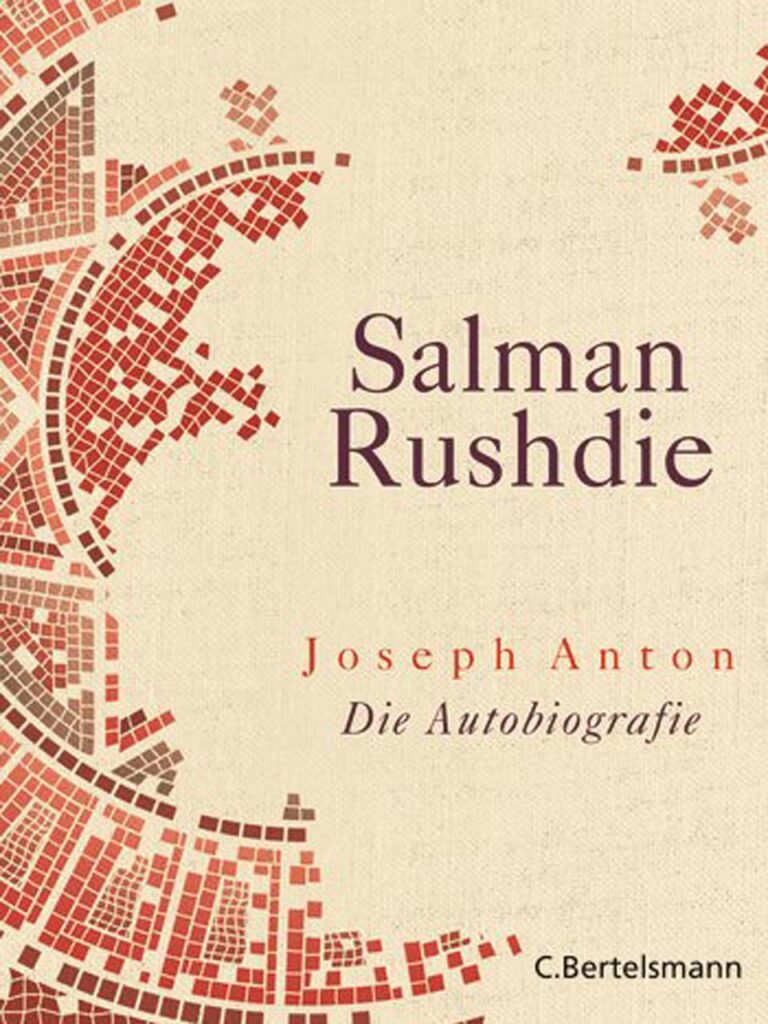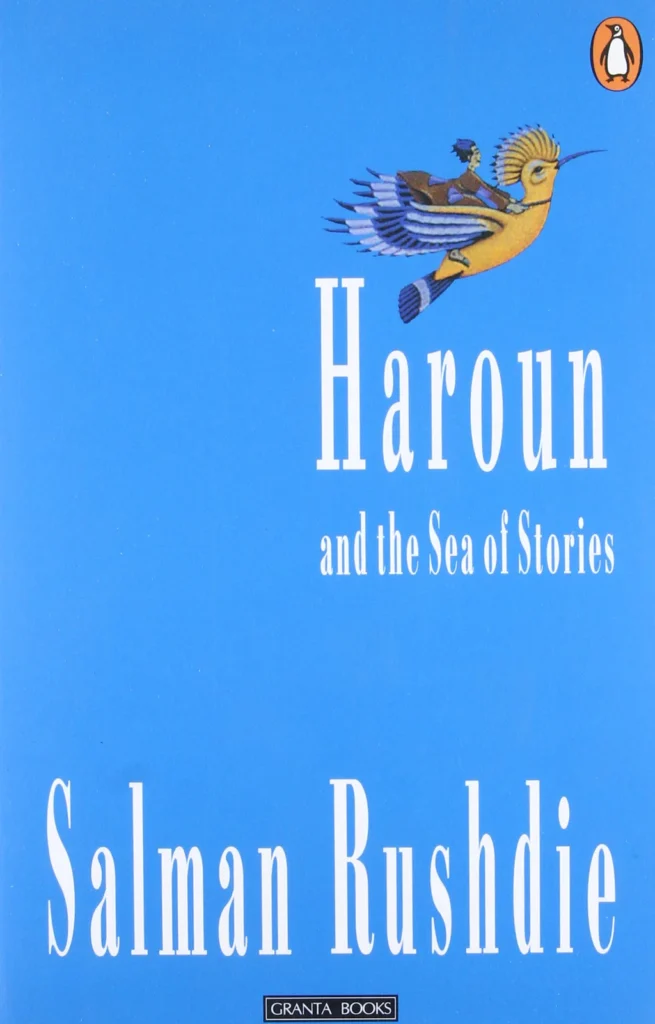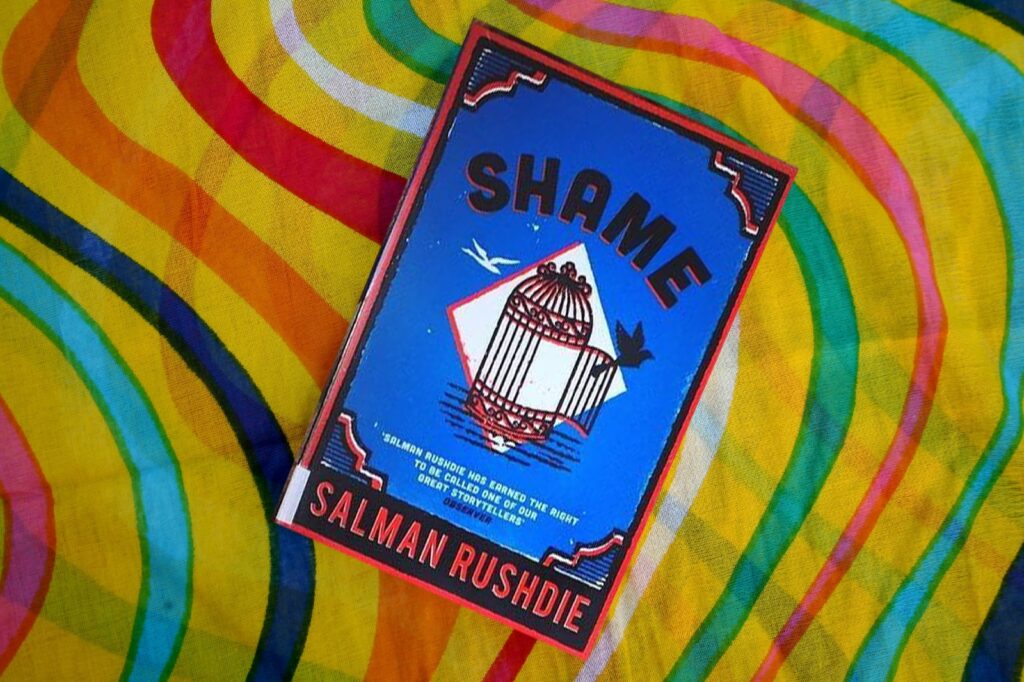With his latest memoir releasing in April 2024, let us quickly look at some of the best works of Salman Rushdie and try to understand what makes him a genius of Indian diasporic writing in contemporary English literature.
Born on June 19, 1947, in Bombay (now Mumbai), India, Salman Rushdie has emerged as one of the most prominent voices in contemporary literature, and his unique perspective as a diasporic Indian writer has become a defining element of his work. In 1954, he left Bombay to pursue his education at Rugby School. He later graduated from King’s College, University of Cambridge, and later settled in the United Kingdom, moving to the United States in 2000. Today, he is a celebrated author, the epitome of literary genius whose name resonates with a vivid tapestry of critically acclaimed and prize-winning works, including the most famous, Midnight’s Children.
Rushdie’s enduring impact as a diasporic Indian writer extends beyond his fiction. He has been an outspoken advocate for the freedom of expression and has confronted head-on censorship, bigotry, and threats to his life. His life has mirrored the themes in his novels, as he faced a fatwa issued by Ayatollah Ruhollah Khomeini of Iran in 1989, which called for his assassination due to perceived blasphemy in The Satanic Verses.
After a near-fatal attack on him in 2022, Salman Rushdie has teased the release of his new memoir – Knife, Meditations After an Attempted Murder – in April 2024 under the Penguin Random House banner. He has further said that he believes in responding to violence with art. The 76-year-old author also won the Peace Prize of the German Book Trade because of his persistent efforts to defend his freedom of expression despite decades of threat and violence.
His literary achievements have been recognized globally, and he has been awarded numerous prestigious accolades, including the Booker of Bookers for Midnight’s Children in 1993 and a knighthood by Queen Elizabeth II in 2007. Let us learn about some of his significant works below so that if you wish to dig into Rushdie’s works today, you can easily pick out a book.
The Best Works of Salman Rushdie
Salman Rushdie’s works resonate with a harmonious blend of magical realism, historical depth, and profound cultural insight. His groundbreaking novel Midnight’s Children gained international acclaim, solidifying its status as a literary classic. Published in 1981, this novel poignantly weaves a narrative deeply intertwined with the history and politics of India. Its protagonist, Saleem Sinai, is born at the stroke of midnight on the day of India’s independence, symbolizing the nation’s birth and his own simultaneous emergence from the embrace of his homeland.
His writing often challenges conventions, exploring themes of identity, migration, and the clash between tradition and modernity. One of his most infamous works, The Satanic Verses, sparked controversy and led to a fatwa issued against him, highlighting the power of his words and the impact of his storytelling. In addition to his novels, Rushdie’s essays, short stories, and memoirs offer readers a deeper understanding of his perspective on the world. His eloquent prose and imaginative storytelling transport readers to richly detailed landscapes, immersing them in thought-provoking tales that question societal norms and celebrate the beauty of cultural diversity.
Exploring Rushdie’s works is an exhilarating journey into the realms of imagination and intellect, inviting readers to delve into the complexities of the human experience through the lens of a master storyteller.
1. Joseph Anton

A memoir published in 2012, Joseph Anton offers a profoundly personal account of Rushdie’s life during the tumultuous years following the publication of his novel The Satanic Verses.
The title – Joseph Anton – is a pseudonym Rushdie adopted during this period, combining the names of two of his favorite authors, Joseph Conrad and Anton Chekhov. The book details the author’s life in hiding, the constant threat to his existence, and the emotional toll it took on him and his loved ones. It delves into the complexities of free speech, religious fundamentalism, and the clash of cultures.
Rushdie’s prose is both reflective and engaging as he provides a unique insider’s perspective on the larger issues of artistic freedom and the clash of values between the East and the West. Joseph Anton is not only a gripping memoir but also a poignant commentary on the power of literature, the struggle for self-expression, and the indomitable human spirit in the face of adversity.
2. Haroun and the Sea of Stories

A whimsical and enchanting novel published in 1990, Haroun and the Sea of Stories is a clever and imaginative blend of fantasy and allegory, targeted primarily at young readers but with layers of meaning that also appeal to adults.
The novel follows the journey of Haroun, a young boy, as he embarks on a fantastical adventure to save the ‘Sea of Stories,’ the source of all stories in the world. In this narrative, stories are depicted as tangible, living entities, and the ‘Sea of Stories’ is under threat from the villainous “Khattam-Shud” and his shadowy army, who aim to silence storytelling forever. Haroun is aided by a colorful cast of characters, including Iff the Water Genie and Butt the Hoopoe bird, as he ventures into various imaginative landscapes.
Through its vivid and whimsical storytelling, Rushdie weaves a powerful allegory for the importance of storytelling, imagination, and the freedom of expression. The novel explores themes of censorship, the power of words, and the resilience of the human spirit in the face of adversity. It’s a delightful and thought-provoking tale that encourages readers of all ages to cherish the magic of stories and recognize their significance in shaping our lives.
Also Read: Uncover the Best 12 Books on the Indian Partition
3. Shame

Published in 1983, Shame is a compelling and politically charged novel that explores the intricate tapestry of a freshly-formed post-colonial Pakistani society. Set in an unnamed country that bears a striking resemblance to Pakistan, the story delves into the lives of three families, the Shakils, the Harappas, and the Hyders, whose destinies become entwined in a web of power, corruption, and moral ambiguity.
At its core, Shame is a powerful allegory for the relationship between personal shame and collective guilt, reflecting the political turmoil and social complexities of the time. It could very well be called a companion text to Midnight’s Children, the latter exploring the nascent years of Indian post-colonial identity.
The novel’s characters, including the enigmatic Iskander Harappa and the charismatic Raza Hyder, navigate a world marred by political unrest, military coups, and societal expectations. Rushdie skillfully weaves elements of magical realism into the narrative, adding layers of symbolism and directly confronting the readers to challenge the conventional notions of truth and reality. Through vivid storytelling and sharp wit, Rushdie critiques the region’s political landscape, addressing themes such as identity, cultural conflict, and the consequences of historical events on individual lives. Shame stands as a testament to Rushdie’s literary prowess, offering readers a thought-provoking and multilayered exploration of human nature and society.
Why Should You Read the Works of Salman Rushdie
Reading the works of Salman Rushdie is rewarding for several compelling reasons, the most important being his profound contributions to contemporary Indian diasporic literature through his unique storytelling and exploration of complex themes.
First, Rushdie’s writing is a masterclass in blending diverse cultural influences. His most famous work, Midnight’s Children, skillfully weaves together history, myth, and magic realism to create a rich narrative that captures the essence of post-colonial India. This multicultural fusion not only educates readers about different worlds but also fosters cultural understanding and empathy.
Second, Rushdie is a fearless advocate for freedom of expression. His novel The Satanic Verses became a global lightning rod for discussions about censorship, religious tolerance, and the power of storytelling. Reading this controversial work allows readers to engage with the issues it raises and appreciate the importance of preserving intellectual freedom.
Further, Rushdie’s writing style is a literary marvel. His prose is both poetic and incisive, often filled with vivid metaphors and wordplay. His ability to craft intricate narratives with rich language keeps readers captivated and encourages readers to appreciate and critically engage with the art of storytelling. Additionally, Rushdie tackles essential themes like identity, exile, and the collision of cultures in most of his works. For example, The Golden House explores the immigrant experience in America, reflecting the complexities of adapting to a new world while maintaining one’s heritage.
Reading Salman Rushdie’s works provides a journey through diverse cultures, a lesson in defending freedom of expression, and an immersion in the many storytelling processes. His exploration of complex themes and exceptional writing style make his literature a rewarding and intellectually enriching experience for all readers.

